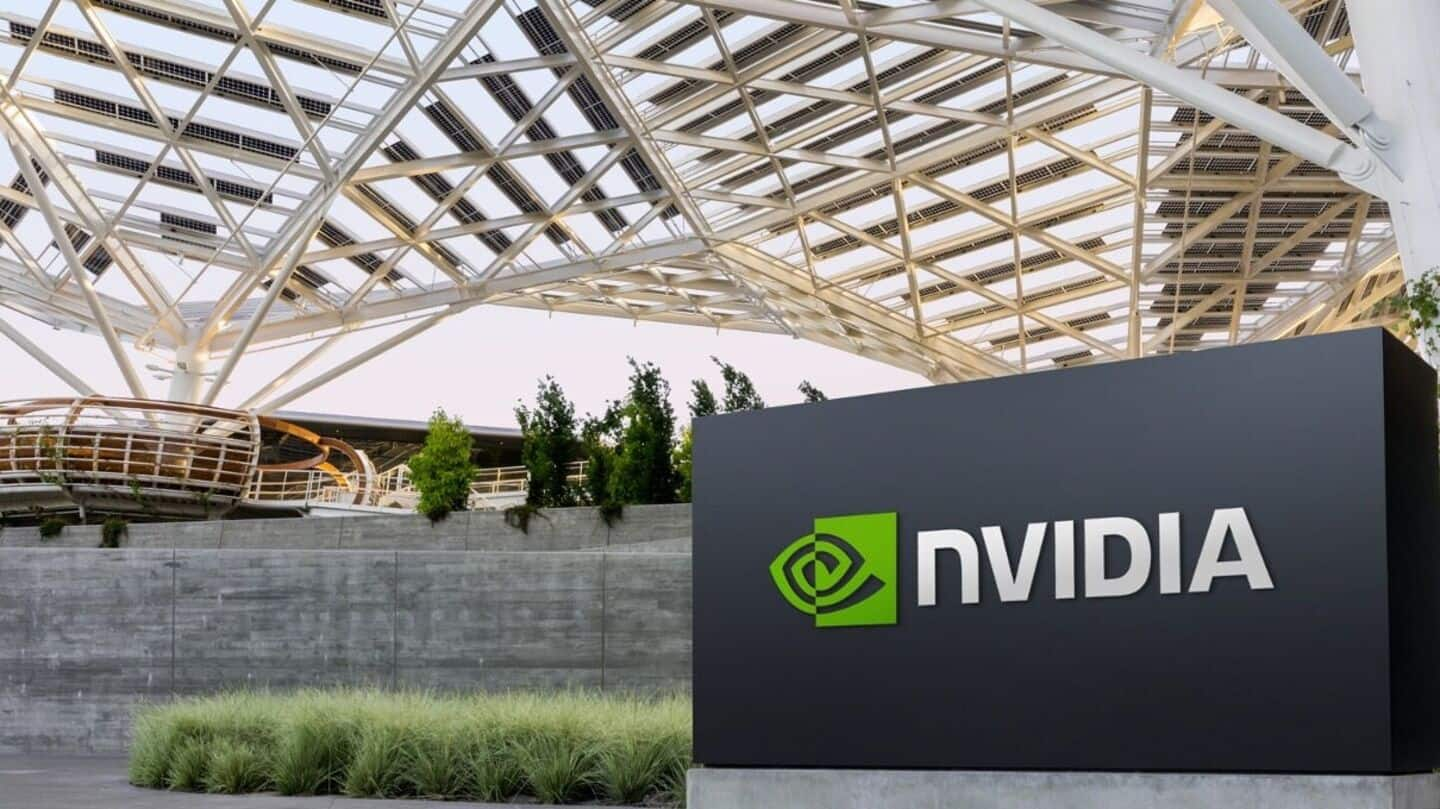
NVIDIA says it will manufacture AI chips in the US
What's the story
NVIDIA has announced plans to manufacture artificial intelligence (AI) chips in the United States.
The tech giant has already secured over one million square feet of manufacturing space for the purpose, spread across Arizona and Texas.
This strategic move comes as part of the company's initiative to shift a portion of its production operations back home. It will create thousands of jobs.
Collaboration
Partnerships with leading chip manufacturers
NVIDIA's Blackwell chips are currently being produced at TSMC's plants in Phoenix, Arizona.
The company is also setting up "supercomputer" manufacturing plants in Texas, collaborating with Foxconn in Houston and Wistron in Dallas.
In Arizona, NVIDIA has partnered with Amkor and SPIL for packaging and testing work.
These partnerships highlight the company's focus on expanding its production capabilities in the country.
Targets
Ambitious production goals
NVIDIA anticipates that mass production at its Houston and Dallas plants will pick up steam in the next 12-15 months.
In the next four years, the company plans to manufacture up to $500 billion worth of AI infrastructure in the US.
CEO Jensen Huang said, "The engines of world's AI infrastructure are being built in the United States for the first time."
Trade
NVIDIA's move follows export control negotiations
This announcement comes just days after NVIDIA narrowly escaped export controls on its H20 chip, after striking a domestic manufacturing agreement with the Donald Trump administration.
The H20, NVIDIA's most advanced processor that can still be exported to China, was spared after Huang promised to invest in components for US-based AI data centers.
Other AI companies have also followed suit under Trump's "America-first" policy toward AI.
Economic impact
NVIDIA's US chip manufacturing initiative could create jobs
NVIDIA believes its US chip manufacturing initiatives could create "hundreds of thousands" of jobs and drive "trillions of dollars" in economic activity over the next few decades.
However, these efforts are marred by major challenges such as retaliatory tariffs and trade restrictions from China that jeopardize the supply of required raw materials.
Plus, there's a huge shortage of skilled workers required for chip production in the US.